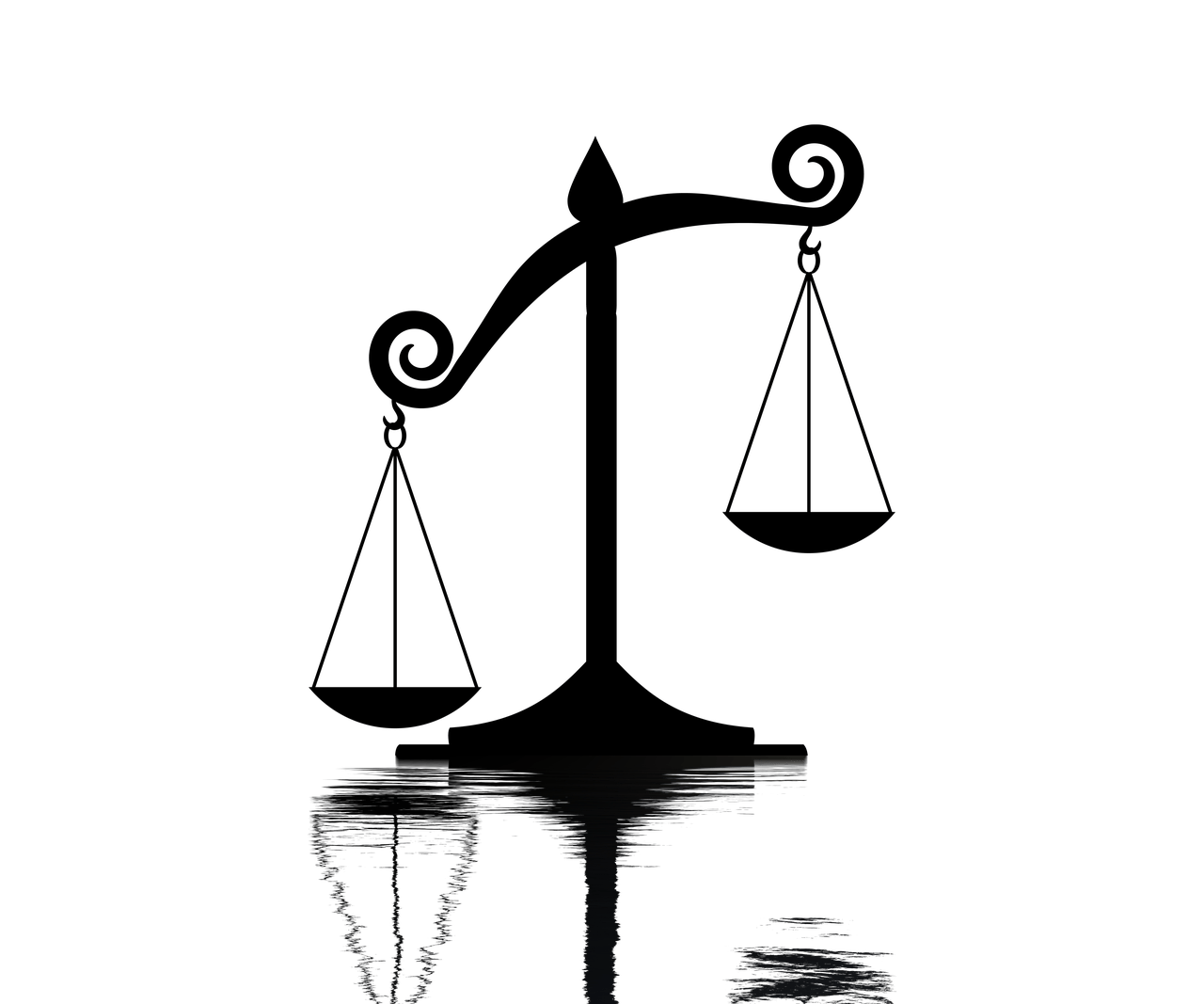India: Dalit researchers win landmark Intellectual Property Compensation in atrocity case
New Delhi: One of the biggest challenges faced by Communities Discriminated by Work and Descent is recognition of their efforts and acknowledgement of their work as intellectual property. This makes it much more difficult for CDWD to not only get due recognition but also receive adequate compensation for their hard work. However, a landmark judgement by the Apex Court of the world's largest democracy could change that narrative.
On Friday, the Supreme Court dismissed a Special Leave Petition (SLP) filed by the Government of Maharashtra, one of the largest states in India, upholding a landmark judgment by the Bombay High Court. This judgment recognized intellectual property damage as compensable under the Scheduled Castes and Scheduled Tribes (Prevention of Atrocities) Act. The case was heard by a bench comprising Justice B.V. Nagarathna and Justice Satish Chandra Sharma.
The case, first reported by the Mooknayak, was initiated by two Scheduled Caste researchers, Dr. Kshipra Kamlesh Uke and Dr. Shiv Shankar Das, both Ph.D. holders from Jawaharlal Nehru University. Since 2014, they have been conducting a self-funded research project focused on socio-political awareness among youth in Nagpur, collecting over 500 survey samples from various educational institutions.
The researchers alleged that, during their absence from the city, the son of their house owner (from a higher caste), with alleged connivance from Bajajnagar Police Station, broke into their residence and stole laptops containing their raw data, survey forms, and processed research materials—resulting in the complete loss of their intellectual property.
Following this incident, the researchers filed a complaint and sought action from the National Commission for Scheduled Castes (NCSC). Dissatisfied with the lack of progress, they moved the High Court with a petition (No. 647/2021). In its judgment dated March 11, 2022, the High Court directed the NCSC to complete its inquiry into the researchers' complaint.
The petitioners submitted a ten-point demand, seeking relief for the loss of their intellectual property. Upon the NCSC's recommendation, the Nagpur District Magistrate granted compensations: ₹1 lakh each to Dr. Shiv Shankar Das and Dr. Kshipra Uke under different clauses of the Atrocities Act and an additional ₹3 lakh under Section 3(2)(va) of the Act. Despite these compensations, the respondents contested the researchers' demand, arguing that intellectual property loss could not be quantified or claimed under the Atrocities Act.
The Nagpur Bench of the Bombay High Court delivered a groundbreaking judgment on November 10, 2023, expanding the definition of “property” under the Atrocities Act. The court held that intellectual property, digital materials, and research data qualify as assets subject to valuation and compensation. This interpretation challenged the traditionally narrow understanding of property.
Referencing legal definitions, including John Salmond's jurisprudential insights, the court emphasized that “property” includes both tangible and intangible assets. It mandated the District Magistrate to:
- Investigate the ten-point compensation demand
- Assess and determine fair compensation for the intellectual property damage
- Complete the assessment within three months and submit a detailed report to the Special Court
The Maharashtra government challenged this judgment in the Supreme Court, questioning the broader interpretation of “property.” However, the Supreme Court's dismissal of the SLP validated the Bombay High Court's progressive interpretation.
This judgment marks a significant step toward recognizing intellectual property rights and ensuring remedies for marginalized researchers under anti-atrocity legislation. It sends a strong message about the importance of protecting intellectual property and addressing systemic inequities.
(This report is adapted with minor modifications from The Mooknayak's original reporting.)
Also Read: Friends of CDWD: Advancing dialogue and action on Communities Discriminated on Work and Descent


